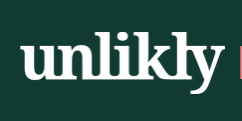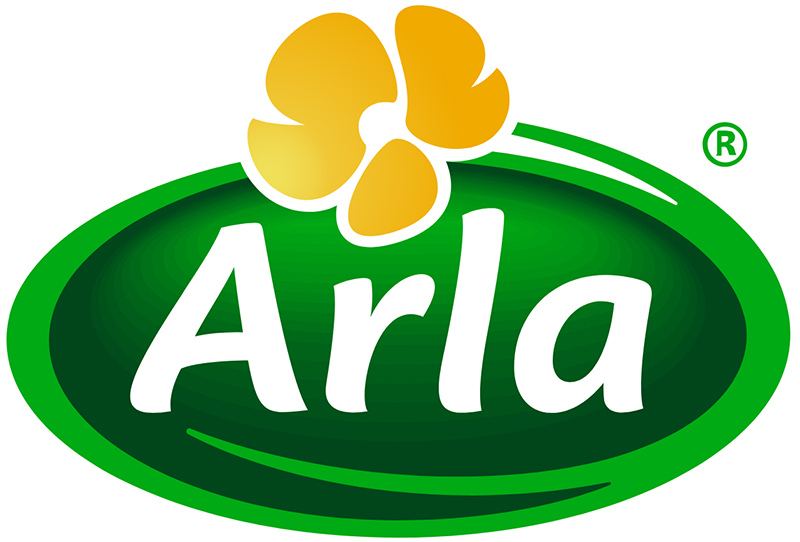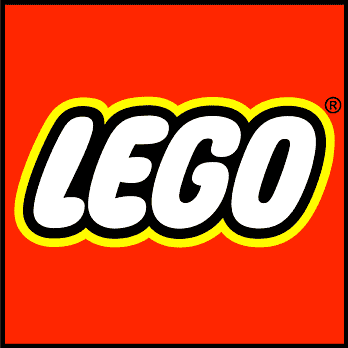COVID-19-pandemien og den medfølgende nedlukning viste de potentielle fordele og muligheder ved hjemmearbejde samt de iøjnefaldende mangler, det medfører. ‘Zoom-træthed’ som resultat af høj kognitiv belastning og intense mængder øjenkontakt er kun toppen af isbjerget.
Hjemme- og hybridarbejde er kommet for at blive, men hvordan skal disse arbejdsmetoder se ud i fremtiden? Skal vi blot forsøge at rette op på det, vi allerede har, eller kan vi være dristigere og udforme en anden slags fremtid på arbejdspladsen? I samarbejde med en række virksomheder søger dette projekt en fremtidsvision, der integrerer erfaringerne omkring hybridt arbejde.
Projektperiode: 2022-2025
Budget: 20,21 millioner kr.
There are a multitude of reasons to embrace remote and hybrid work. Climate concerns are increasing, borders are difficult to cross, work/life balance may be easier to attain, power distributions in society could potentially be redressed, to name a few. This means that the demand for Computer Supported Cooperative Work (CSCW) systems that support hybrid work will increase significantly. At the same time, we consistently observe and collectively experience that current digital technologies struggle to mediate the intricacies of collaborative work of many kinds. Even when everything works, from network connectivity to people being present and willing to engage, there are aspects of embodied co-presence that are almost impossible to achieve digitally.
We argue that one major weakness in current remote work technologies is the lack of support for relation work and articulation work, caused by limited embodiment. The concept of relation work denotes the fundamental activities of creating socio-technical connections between people and artefacts during collaborative activities, enabling actors in a global collaborative setting to engage each other in activities such as articulation work. We know that articulation work cannot be handled in the same way in hybrid remote environments. The fundamental difference is that strategies of awareness and coordination mechanisms are embedded in the physical surroundings, and use of artefacts cannot simply be applied to the hybrid setting, but instead requires translation.
Actors in hybrid settings must create and connect the foundational network of globally distributed people and artefacts in a multitude of ways.
In REWORK, we focus on enriching digital technologies for hybrid work. We will investigate ways to strengthen relation work and articulation work through explorations of embodiment and presence. To imagine futures and technologies that can be otherwise, we look to artistic interventions, getting at the core of engagement and reflection on the future of remote and hybrid work by imagining and making alternatives through aesthetic speculations and prototyping of novel multimodal interactions (using the audio, haptic, visual, and even olfactory modalities). We will explore the limits of embodiment in remote settings by uncovering the challenges and limitations of existing technical solutions, following a similar approach as some of our previous research.
Scientific value
REWORK will develop speculative techniques and ideas that can help rethink the practices and infrastructures of remote work and its future. REWORK focuses on more than just the efficiency of task completion in hybrid work. Rather, we seek to foreground and productively support the invisible relation and articulation work that is necessary to ensure overall wellbeing and productivity.
Specifically, REWORK will contribute:
The research conducted as part of REWORK will produce substantial scientific contributions disseminated through scientific publications in top international journals and conferences relevant to the topic. The scientific contributions will constitute both substantive insights and methodological innovations. These will be targeting venues such as the Journal of Human-Computer Interaction, ACM TOCHI, Journal of Computer Supported Cooperative Work, the ACM CHI conference, NordiCHI, UIST, DIS, Ubicomp, ICMI, CSCW, and others of a similar level.
The project will also engage directly and closely with industries of different kinds, from startups that are actively envisioning new technology to support different types of hybrid work (Cadpeople, Synergy XR, and Studio Koh) to organizations that are trying to find new solutions to accommodate changes in work practices (Arla, Bankdata, Keyloop, BEC).
Part of the intent of engagement with the artistic collaboratory is to create bridges between artistic explorations and practical needs articulated by relevant industry actors. REWORK will enable the creation of hybrid fora to enable such bridging. The artistic collaboratory will enable the project to engage with the general public through an art exhibit at Catch, public talks, and workshops. It is our goal to exhibit some of the artistic output at a venue, such as Ars Electronica, that crosses artistic and scientific audiences.
Societal value
The results of REWORK have the potential to change everybody’s work life broadly. We all know that “returning to work after COVID-19” will not be the same – and the combined situation of hybrid work will be a challenge. Through the research conducted in REWORK, individuals that must navigate the demands of hybrid work and the organizations that must develop policies and practices to support such work will benefit from the improved sense of embodiment and awareness, leading to more effective collaboration.
REWORK will take broadening participation and public engagement seriously, by offering online and in-person workshops/events through a close collaboration with the arts organization Catch (catch.dk). The workshops will be oriented towards particular stakeholder groups – artists interested in exploring the future of hybrid work, industry organizations interested in reconfiguring their existing practices – and open public events.
Capacity building
There are several ways in which REWORK contributes to capacity building. Firstly, by collaborating with the Alexandra Institute, we will create a multimodal toolbox/demonstrator facility that can be used in education, and in industry.
REWORK will work closely with both industry partners (through the Alexandra Institute) and cultural (e.g. catch.dk)/public institutions for collaboration and knowledge dissemination, in the general spirit of DIREC.
We will include the findings from REWORK in our research-based teaching at all three universities. Furthermore, we plan to host a PhD course, or a summer school, on the topic in Year 2 or Year 3. Participants will be recruited nationally and internationally.
Lastly, in terms of public engagement, HCI and collaborative technologies are disciplines that can be attractive to the public at large, so there will be at least one REWORK Open Day where we will invite interested participants, and the DIREC industrial collaborators.
Projektet skaber værdi ved at levere forskningsbaserede indsigter og praktiske løsninger til at tackle udfordringerne i hybride arbejdsmiljøer efter COVID-19. Dette vil fremme samarbejde og følelsen af tilstedeværelse og bevidsthed blandt enkeltpersoner og organisationer, og derved påvirke arbejdslivet og det offentlige engagement i en positiv retning.
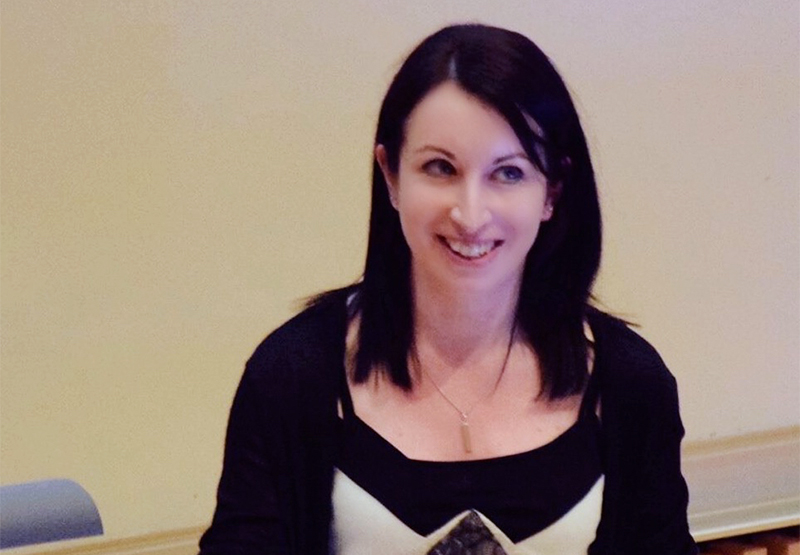
Aarhus University
Department of Computer Science
E: eve.hoggan@cs.au.dk
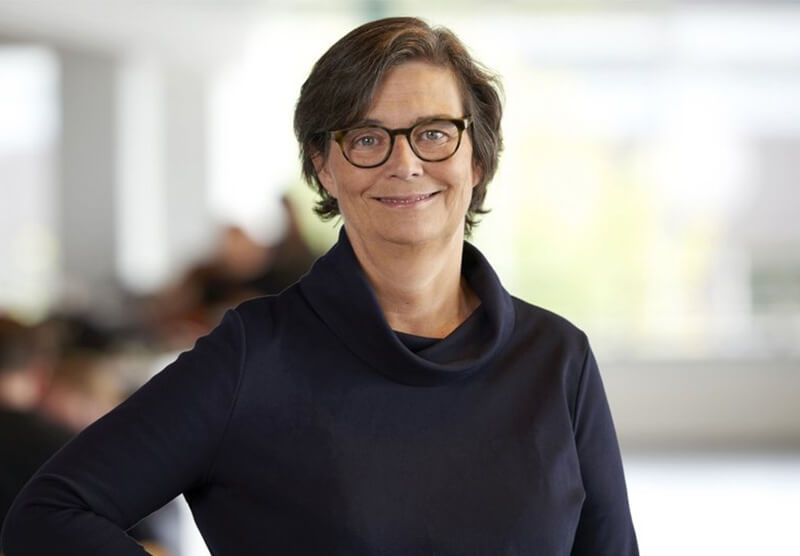
Aarhus University
Department of Computer Science

University of Copenhagen
Department of Computer Science
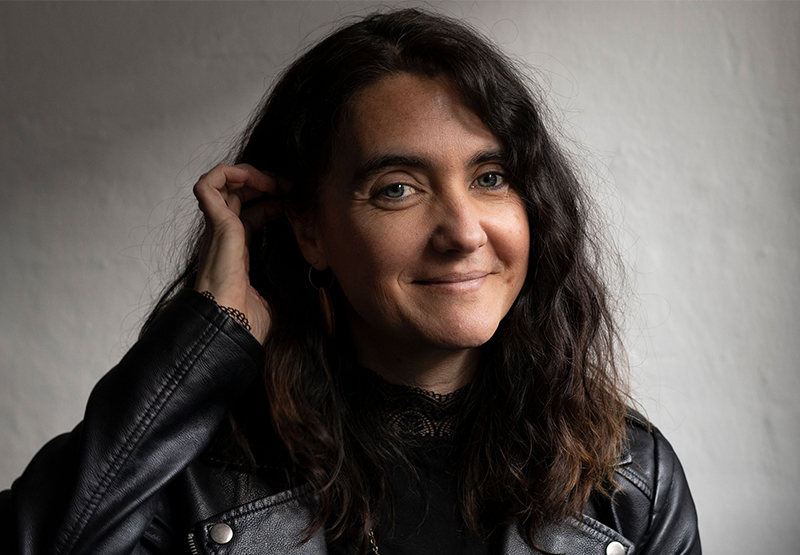
University of Copenhagen
Department of Computer Science
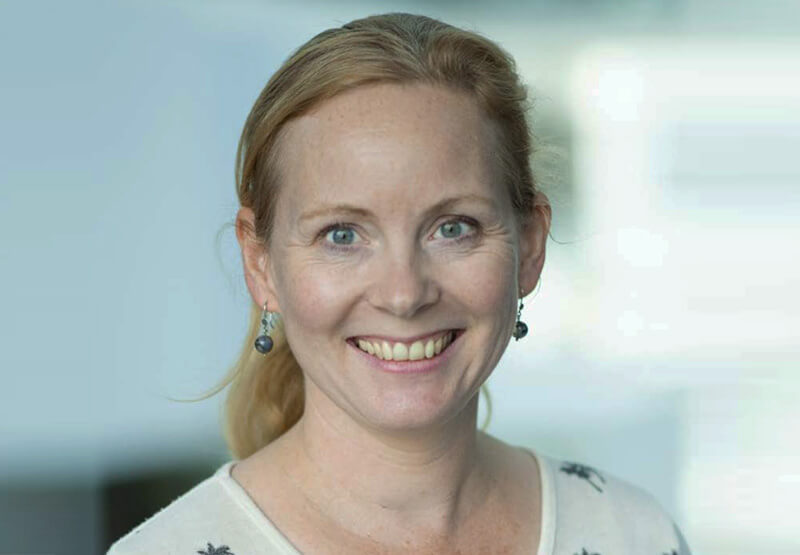
IT University of Copenhagen
Department of Computer Science

University of Copenhagen
Department of Computer Science
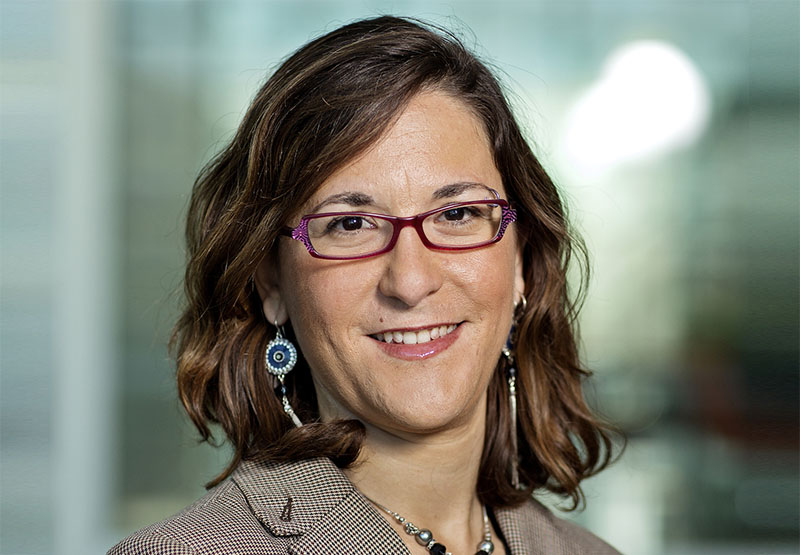
Roskilde University
Department of People and Technology
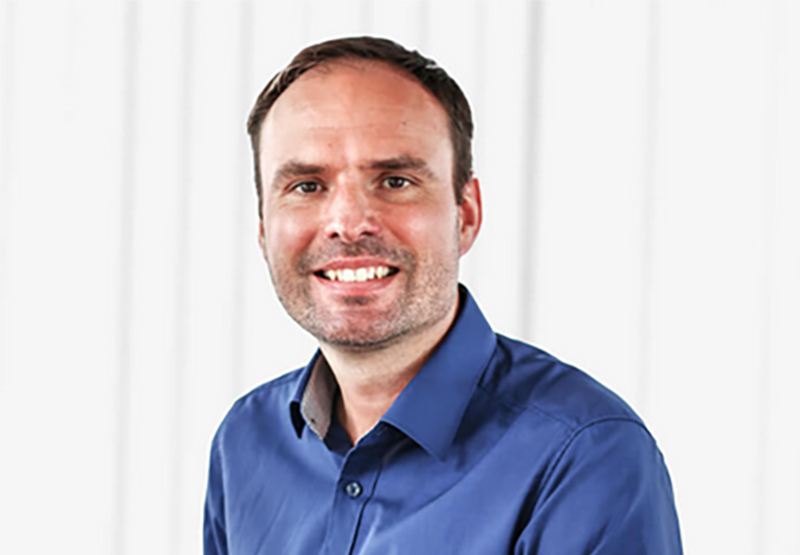
The Alexandra Institute
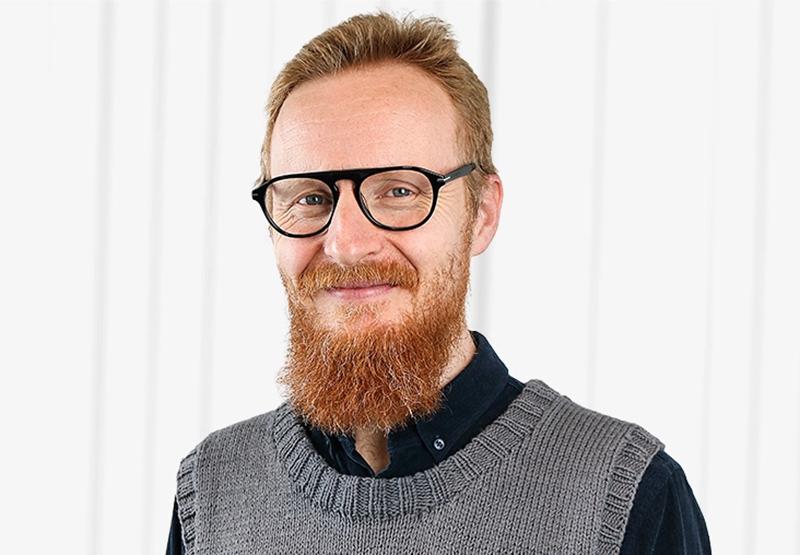
The Alexandra Institute
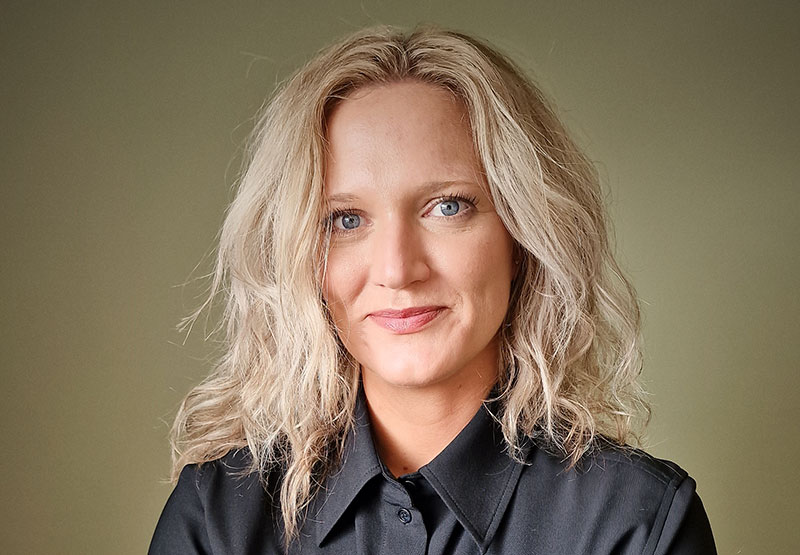
IT University of Copenhagen
Department of Computer Science
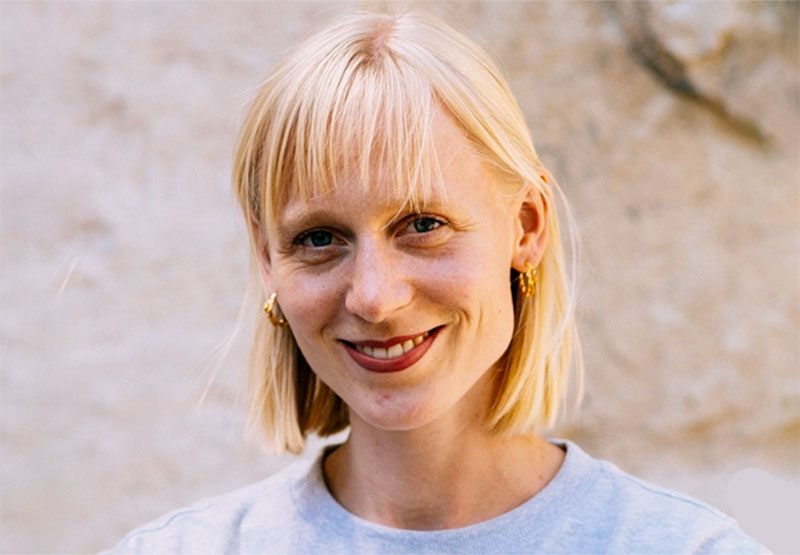
Roskilde University
Department of People and Technology

Aarhus University
Department of Computer Science
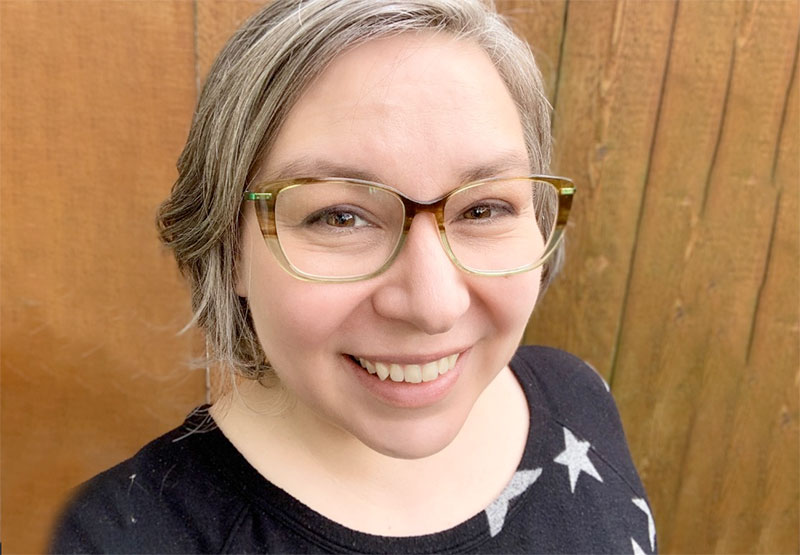
University of Copenhagen
Department of Computer Science
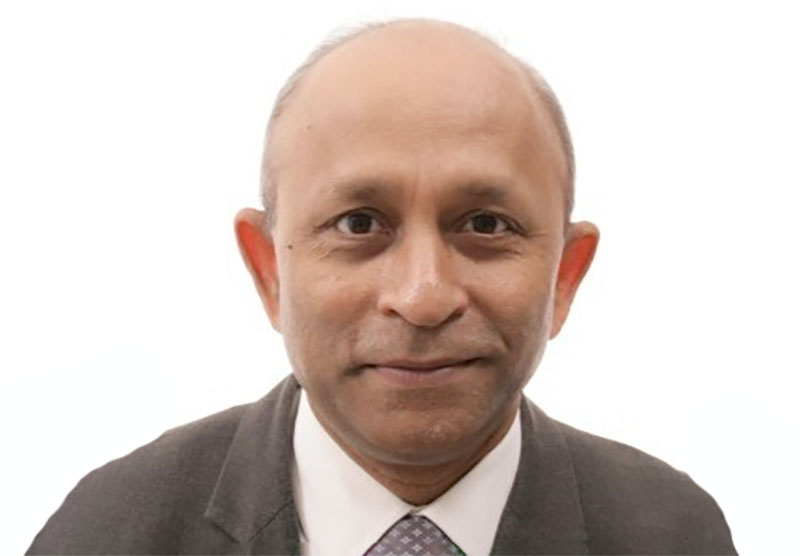
LTI
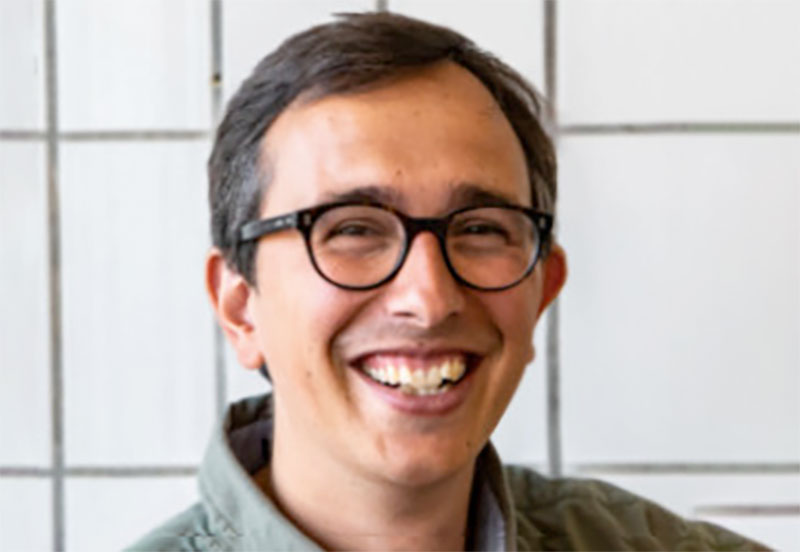
Khora
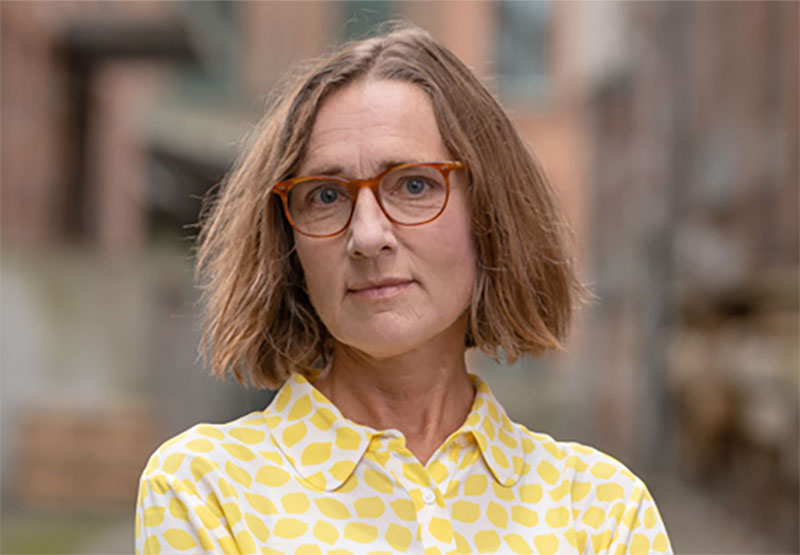
Kulturværftet
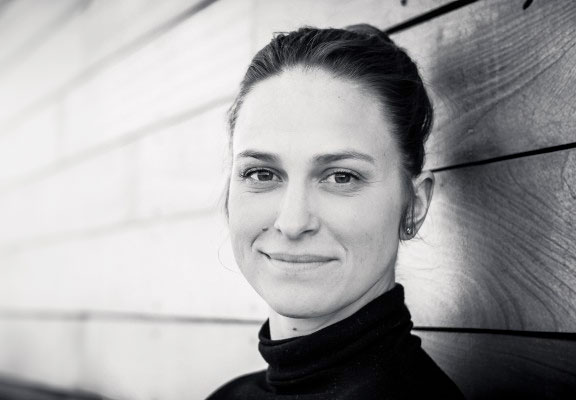
Arla Foods
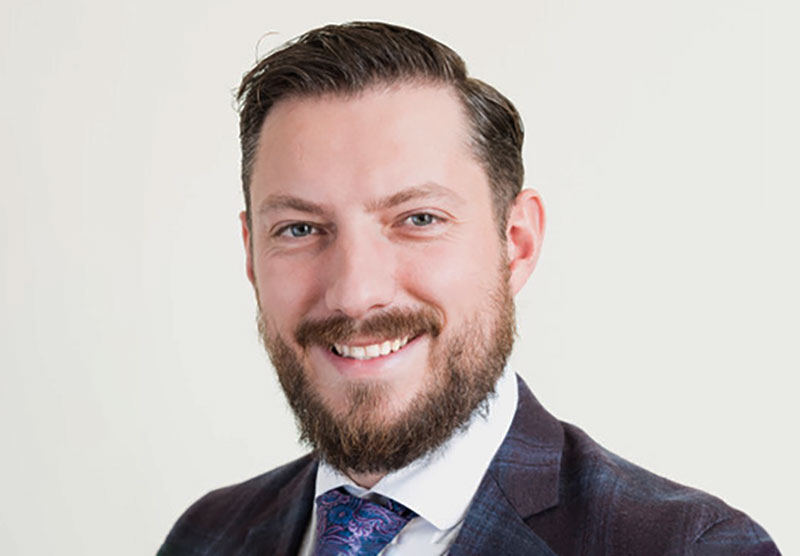
eventSPACE
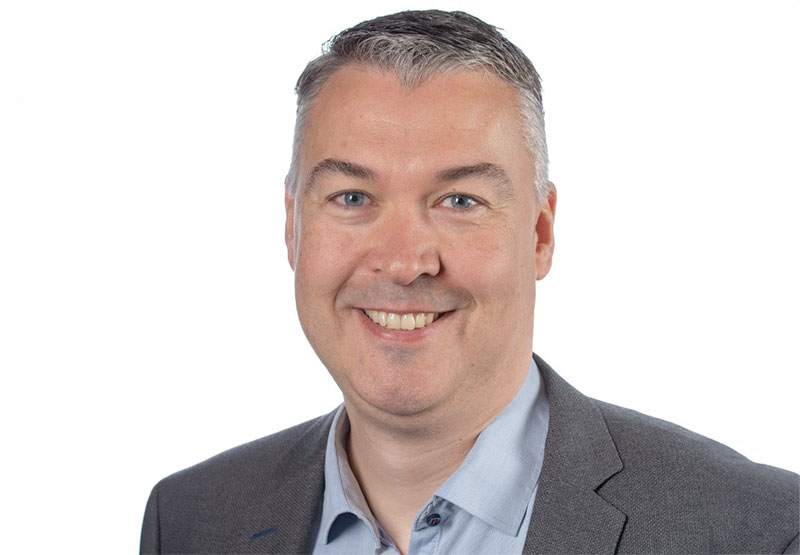
Grundfos
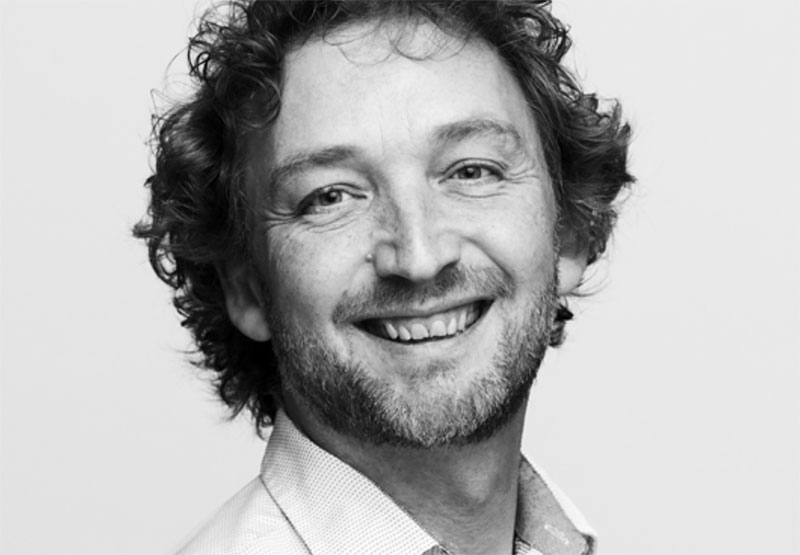
Unlikly







